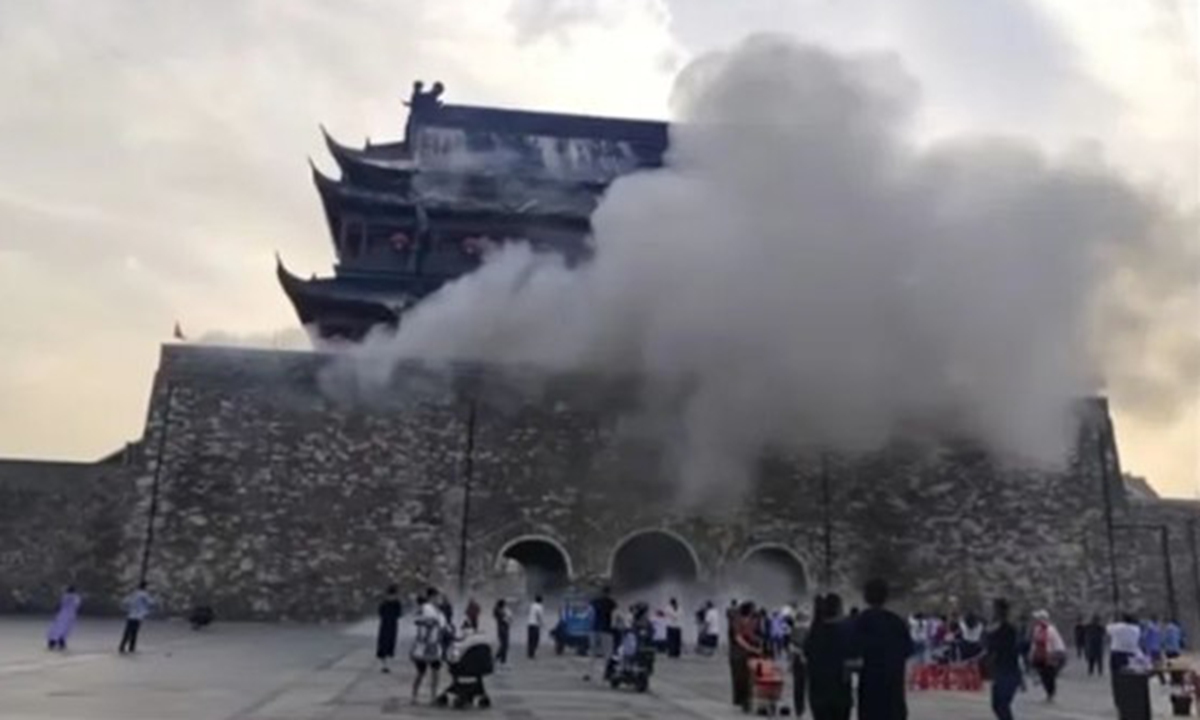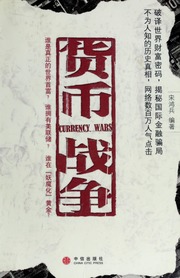Was gonna ask the same. They've been sending their finance types to the US and Europe to learn the ropes, and they follow the same west-developed econ theories, but with tighter controls. China, whatever their reasons, had until recently been the largest buyer and holder of US debt, financing and enabling everything in America people complain about. Investing many times over the amount of money they get through trade. Without that lifeline America could never afford her destructive welfare system and keep other detrimental policies alive.
No, I think they reinvest part of their US$ trade surpluses mostly, which currently are nearly $1 trillion per year, so they have accumulated several trillions over the last decade plus in trade surpluses. IIRC they have issued around $3 trillion in loans total, both to developed countries and to third countries (mostly BRI partners), the latter at lower interest rates relative to the IMF/World Bank going rates.
They've been sending their finance types to the US and Europe to learn the ropes, and they follow the same west-developed econ theories, but with tighter controls.
Many of these finance types sent to the West are pretty smart and perceptive dudes, and unlike most of their western counterparts don't have cultural blinders - they are very much JQ aware by virtue of having their country sucked dry for over a century by families like the Sassoons, Kadoories and their Rothschild partners.
Once again, the central bank of China aka the PBC is a public institution that issues currency to the state at no interest rate. That's how the US Treasury operated until 1913, and how the Banque de France (one of the last western holdouts) operated until after the death of Charles de Gaulle in 1973, when the first Rothschild banker (Macron being the latest) Georges Pompidou succeeded de Gaulle and privatized the central bank. Neither the US nor France had much debt before these changes took place. The PBC is the lone major holdout, that is the fundamental difference with the Fed and every other western central bank, including the Japanese and S. Korean banks which are satellites.
The Chinese kept the ((banksters)) in the China game through other conduits, in JVs with conglomerates like CITIC, in which the Rockefellers and Canadian Desmarais were/are heavily involved. The Chinese can cut that spigot at their discretion any time, including the businesses of leading oligarchs like the Adelson, who own the largest casinos in Macau, which gives them power and influence over the banksters.
In Korea, nationalist strongman president Chung-Hee Park consolidated power in the 1970s, eliminated communist opposition, but made the ultimate faux pas in 1979 when he pushed for SK to print its own currency instead of having the Korean central bank borrow the money it issues at interest from the US Fed, which resulted in his assassination. That's why S. Korea, a small nation that dominates entire major global industries like consumer electronics, cellphones, auto and chips is still not a very rich country, they should be a lot richer than their current GDP per capita of $35k, vs $90k in the US.
Same with Taiwan, a small country which dominates high-end chip manufacturing, arguably the highest added value manufacturing industry today, but is still not rolling in gold, only a mid-level industrial country with a GDP per capita 2.5 times lower than the US.
The mainland Chinese upper classes, intellectuals, policymakers and bankers are, as I was saying above, very much aware of the inner workings of the western monetary system, ironically more so than their Taiwanese, S Korean or Japanese counterparts. A lot of that awareness stems from their history under Jewish control up to the mid to late 20th century, and also from the work of one of these experts sent abroad,
Song Hongbing, an academic with practical international banking experience who wrote a bestseller called "
Currency Wars", a series of books that sold tens of millions of hard and digital copies in China.

en.wikipedia.org
"
Currency Wars (
simplified Chinese: 货币战争;
traditional Chinese: 貨幣戰爭;
pinyin:
Huòbì zhànzhēng), is an
antisemitic essay (LOL) by Chinese author Song Hongbing. Originally published in 2007, it gained a resurgence in 2009 and has been described as a prominent exponent of a recently emerged genre labeled "economic nationalist" literature. The premise of the book is that Western countries are controlled by a group of Jewish international bankers, which, according to Song, runs their
central banks. It uses the claim that the
Federal Reserve is a private body to support its role."
"Kosher" review of Currency Wars
Song didn't invent the wheel, he built on the work of the likes of Eustace Mullins and Edward Griffin, and added to that basis his observations on the modern international monetary system as someone who has had hands on experience in international banking.



